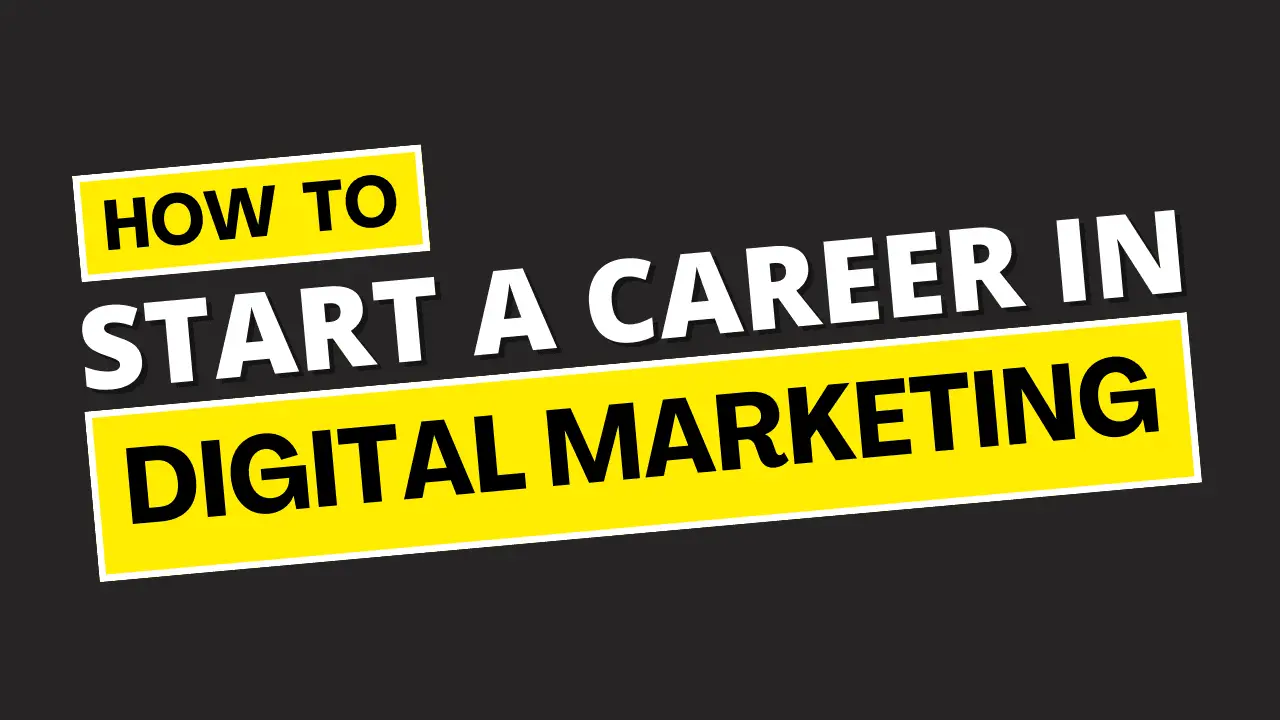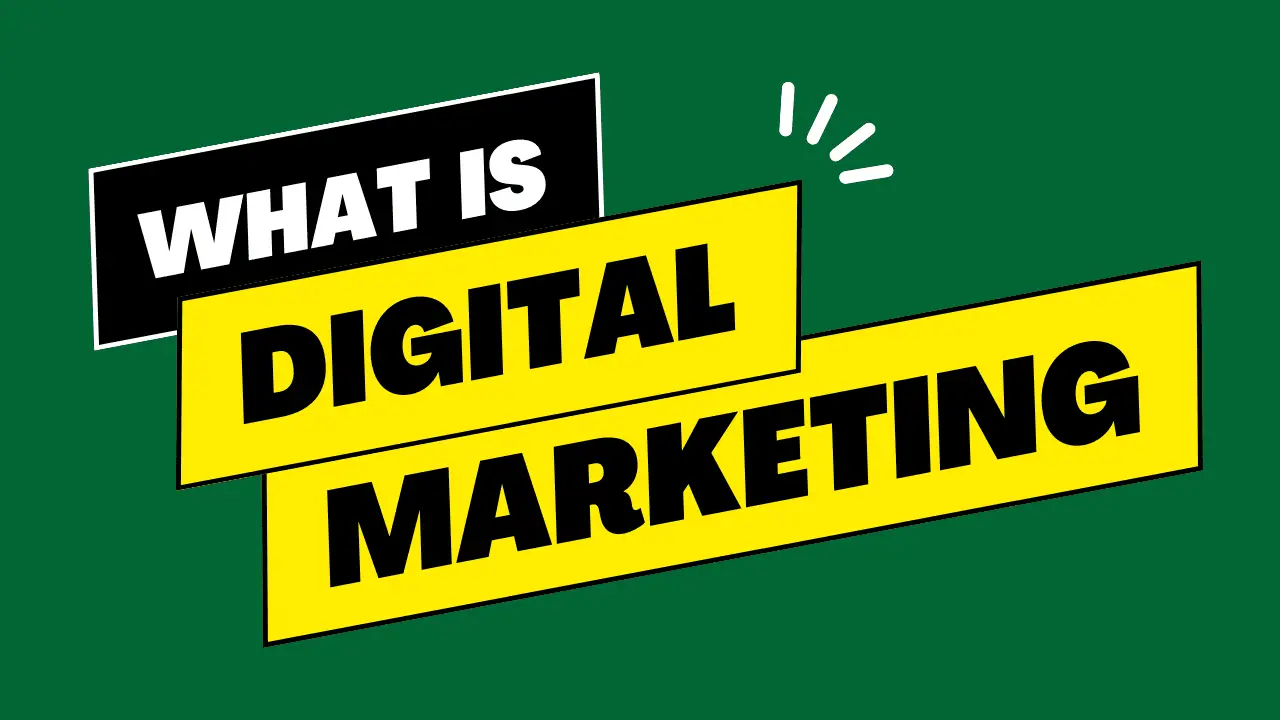How To Start A Career In Digital Marketing
Starting a career in digital marketing involves a series of steps and considerations.
Here’s a detailed guide on how to begin a career in digital marketing, along with examples to illustrate each point:
Educational Foundation:
Suppose you’ve just completed high school or are considering a career change. The first step is to decide on the level of education you need. You can opt for a bachelor’s degree in marketing, business, communications, or digital marketing. Alternatively, you can pursue online courses and certifications from platforms like Google, HubSpot, Coursera or Udemy.For instance, you might enroll in Google’s “Fundamentals of Digital Marketing” course.
Choose Your Niche:
Once you have a foundational understanding, identify a specific niche within digital marketing that interests you. This could be content marketing, social media, SEO, email marketing, or any other subfield.
For instance, you might decide to specialize in social media marketing.Build a Portfolio:
As you learn, begin to build your portfolio. You can create a personal blog or website, manage social media accounts, or work on marketing projects for friends or small businesses.For instance, you could create and manage an Instagram account for a local coffee shop to showcase your social media skills.
Networking:
Attend digital marketing meetups, webinars, and conferences. Connect with professionals in the field through LinkedIn, and join online marketing communities or forums.For instance, you could attend a local marketing conference and engage with professionals there.
Internship or Entry-Level Position:
Look for internship opportunities or entry-level positions at marketing agencies, startups, or in-house marketing departments.For instance, you might secure a digital marketing internship at a small e-commerce company.
Hands-On Experience:
In your role, you might be responsible for managing social media accounts, creating content, optimizing websites for SEO, or running email marketing campaigns. Track your accomplishments and results to add to your portfolio.Certifications:
While working in the field, consider earning certifications in your chosen area, such as Google Ads, HubSpot Content Marketing, or Hootsuite Social Marketing.For example, you could get certified in Google Analytics to show your proficiency in analyzing website data.
Continual Learning:
The digital marketing landscape is constantly evolving. Stay up-to-date by reading industry blogs, taking advanced courses, and experimenting with new tools and techniques.For instance, you could follow Neil Patel’s blog and experiment with AI-powered chatbots on a website you manage.
Soft Skills:
Develop important soft skills such as creativity, communication, and analytical thinking. These skills are essential for crafting compelling marketing campaigns and interpreting data effectively.Job Search and Specialization:
Once you feel confident in your skills and have gained enough experience, start your job search. Tailor your resume and cover letter to emphasize your niche expertise.For instance, if you’ve specialized in content marketing, apply for positions like “Content Marketing Specialist” or “Content Writer.”
Interview Preparation:
Prepare for interviews by showcasing your portfolio, certifications, and results you’ve achieved in your past roles. Be ready to discuss your understanding of the latest digital marketing trends and your approach to problem-solving.Career Growth:
As you progress in your career, consider further education or pursuing leadership positions. You might decide to get a master’s degree in marketing or aim for a position like “Digital Marketing Manager” or “Director of Marketing.”
Remember that digital marketing is a dynamic field, so adaptability and a willingness to learn are key. Your career path might not follow a linear trajectory, and that’s okay. Continually updating your skills and staying current with industry trends will help you thrive in your digital marketing career.


